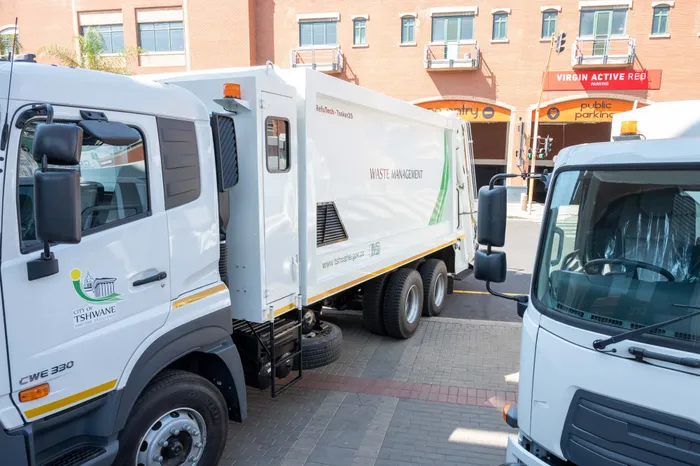Tshwane municipality faces backlash over incorrect cleansing levy bills

The City of Tshwane is facing a backlash over incorrect billing of a controversial R194 monthly cleansing levy, affecting around 12,000 customers.
Image: Helenus Kruger / City of Tshwane
The City of Tshwane has been embroiled in a controversy over the monthly cleansing levy of R194 after approximately 12,000 customers were incorrectly billed in September.
However, the municipality said it will only do a reversal credit and that no cash refunds will be issued to affected residents.
The Gauteng High Court previously ruled the levy unlawful, and the city has since petitioned the Supreme Court of Appeal to challenge the judgment.
Municipal spokesperson Selby Bokaba explained that the city’s appeal automatically suspends the high court’s judgment.
Despite the controversy, the city has assured customers that it is making steady progress in resolving affected accounts.
About 12,000 accounts, representing less than 2% of the city's 780,000 customers, were impacted by the billing anomaly.
Bokaba said: “Our preliminary assessment confirms that approximately 12,000 accounts, out of the city’s total billing base of 780,000, were impacted by this anomaly. This represents less than two percent of our customers and corrective action is already underway to ensure a swift and fair resolution.”
He said the city has established a dedicated team tasked with correcting the billing system and safeguarding the integrity of revenue processes.
“It must be emphasised that the city will only do a reversal credit to the accounts of those customers who have already made payments on the cleansing tariff. There will be no cash payments,” he said.
He said although the corrections are already being processed the changes will be reflected in the October 2025 municipal accounts’ statements due to billing cycle timelines.
“Our technical and revenue teams are jointly verifying every adjustment to ensure that no account is overlooked. The city further commits to carefully monitor progress and double-check the outcomes to ensure that we minimise further inconvenience, while ensuring that the system reflects accurate billing going forward,” he said.
Cilliers Brink, DA Tshwane caucus leader, believes the city’s admission of overcharging customers provides additional reasons for the levy to be set aside entirely.
“In the meantime, DA councillors will check that every instance of double-billing is reversed, as per the City’s commitment,” he said.
Eugene Modise, Deputy Executive Mayor of Tshwane and MMC for Finance, said the cleansing tariff was designed for properties that do not use the city's municipal waste collection of services.
However, he said, the city inadvertently charged some households that already receive regular municipal waste collection services.
“These are typically estates and residential complexes that have contractual arrangements with private waste management service providers through their body corporates,” he said.
He assured residents that corrective measures are already under way and no household that benefits from municipal waste collection services will be required to pay the cleansing tariff.